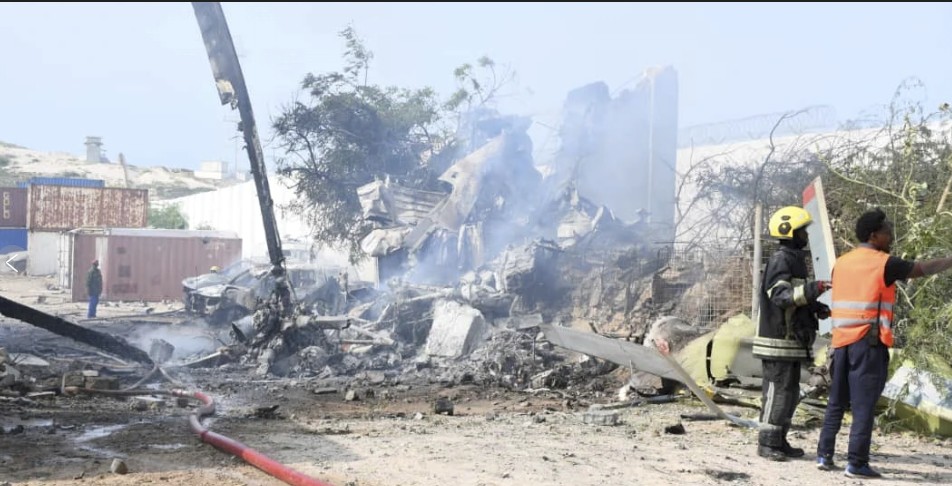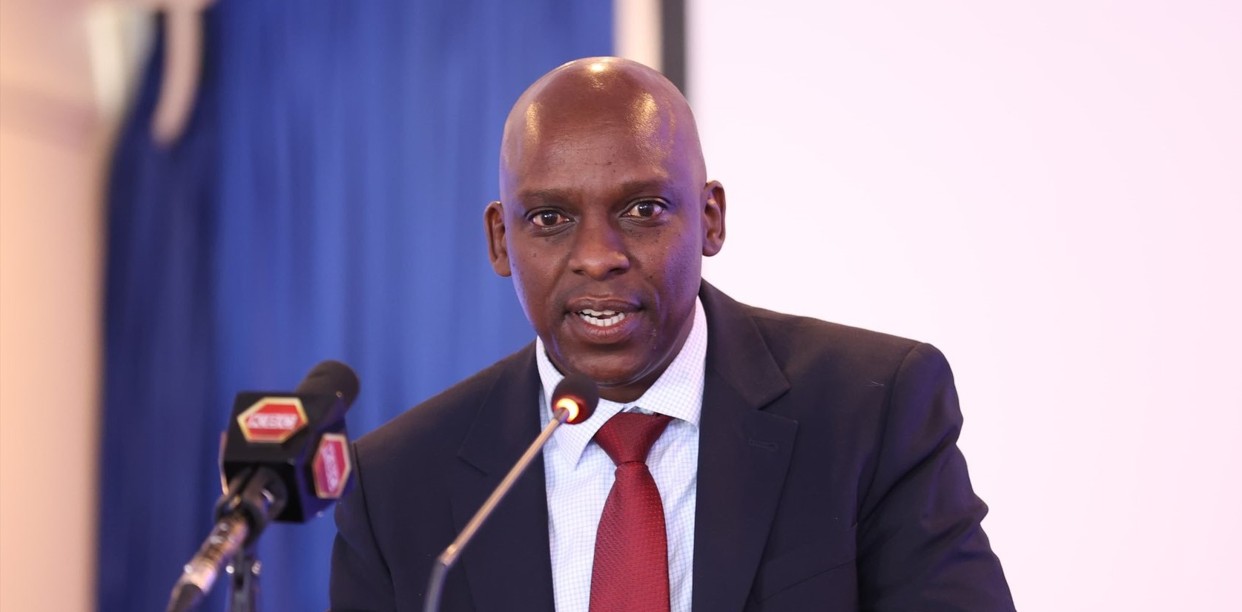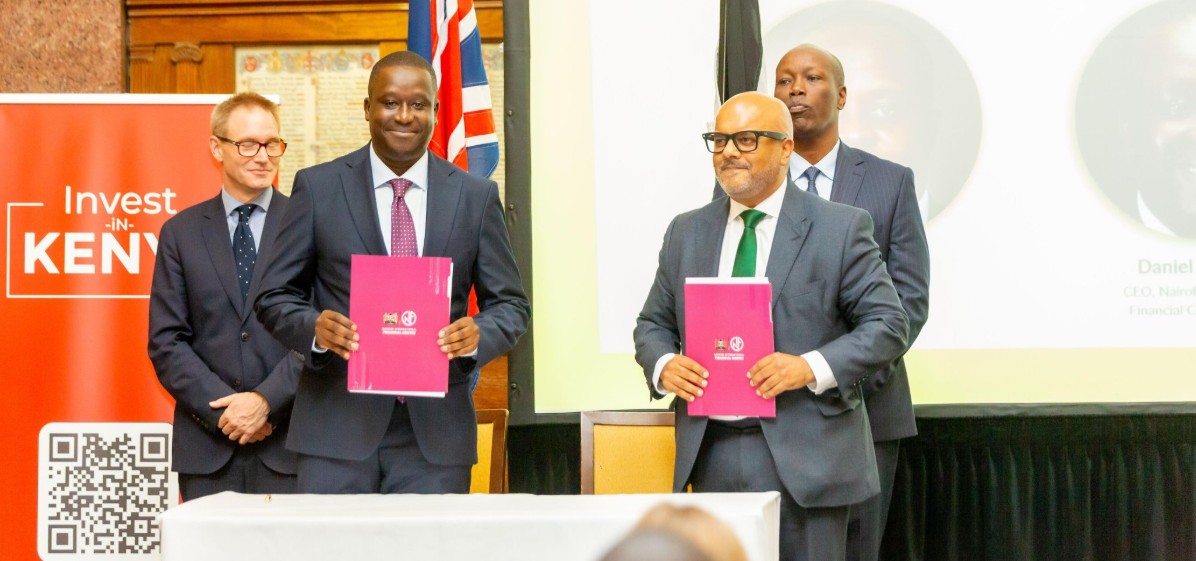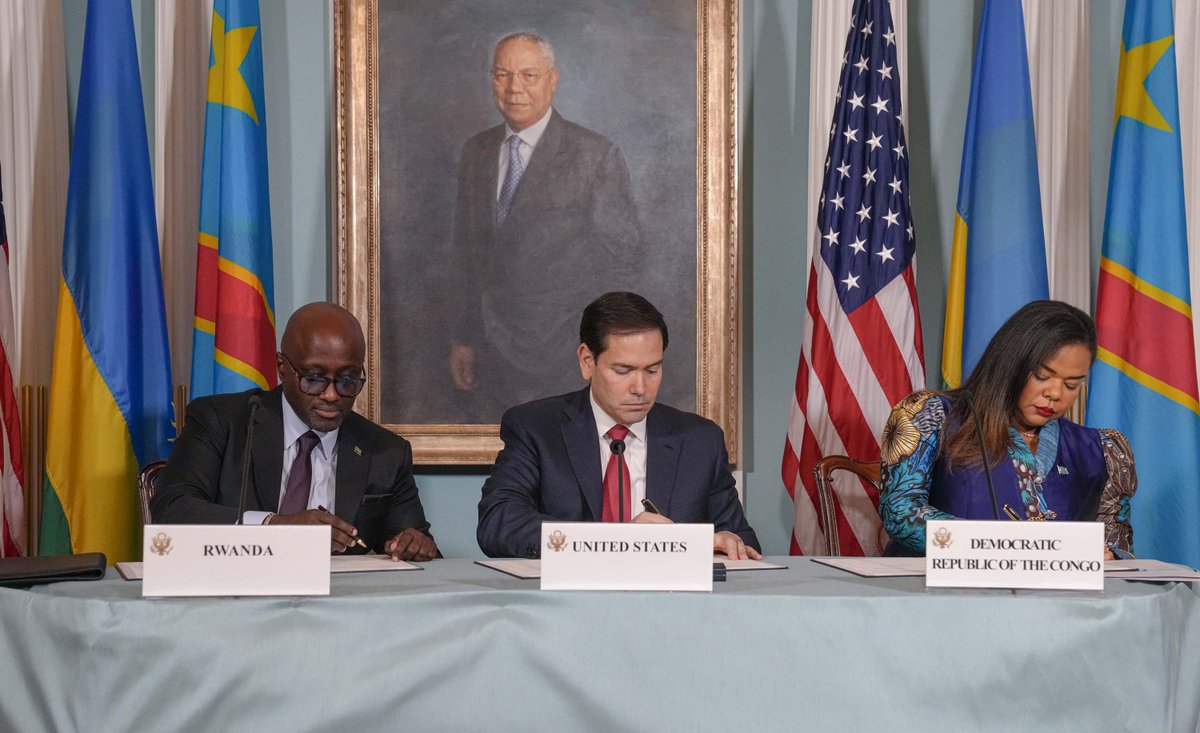Youth from Kenya, Somalia and Nigeria unite in fight against radicalisation and violent extremism
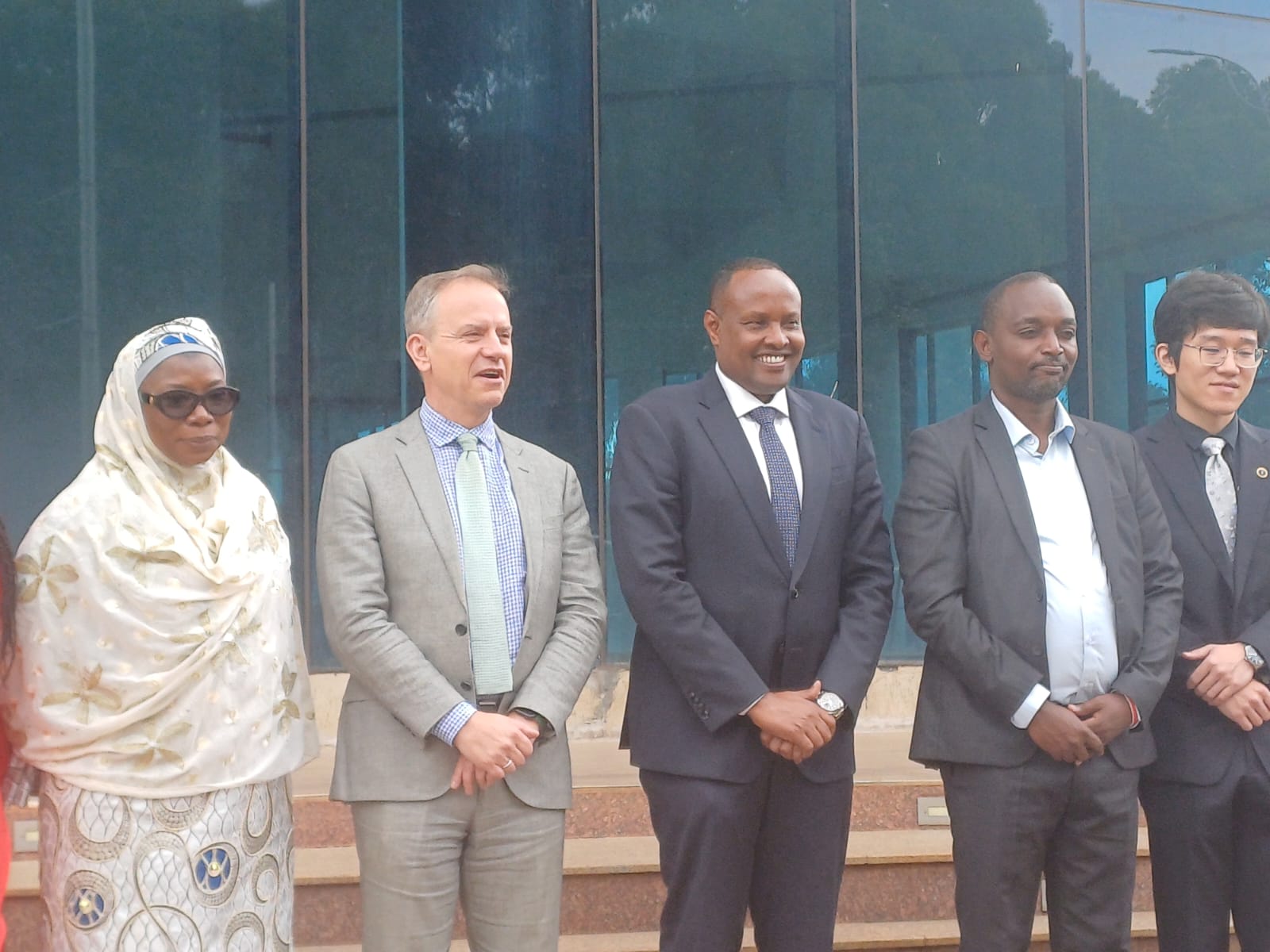
Kenya, Nigeria and Somalia have a burgeoning youth population that is increasingly digitally savvy but prone to radicalisation and violent extremism courtesy of a myriad of factors.
25 youth from Kenya, Somalia and Nigeria have united under a United Nations initiative to spearhead initiatives against radicalisation and violent extremism in their respective countries.
The team is meeting in Nairobi for a two-day regional policy dialogue on the topic, attended by their respective countries' counter-terrorism Centre leaders to come up with innovative strategies that can be used in their respective countries to fight the crime that over the years has continued to disproportionately affect them.
More To Read
- DCI boss urges united effort to empower youth against radicalisation and terrorism
- Eastern Africa records decline in terror incidents amid marginal rise in attacks across Africa
- State urges caution on cryptocurrency, reveals it's used to fund terrorists
- Lamu's Mohamed Skanda elected National Youth Speaker
- Ruto calls for enhanced collaborations to tackle emerging global challenges
- African leaders call for more cooperation in anti-terror war
"Terrorism knows no borders, it ignores them. Young people respect borders but aren't held back by them. They came together from across these three counties to talk about their tactics for fighting against terrorism and violent radicalisation in their home communities but also how they can bring that fight at the continental level," said Dr Stephen Jackson, United Nations Resident Coordinator.
Kenya, Nigeria and Somalia have a burgeoning youth population that is increasingly digitally savvy but prone to radicalisation and violent extremism courtesy of a myriad of factors.
"The degree to which this young generation is so digitally literate is fascinating, they are literate in everything that is online, that is computer technology and so fascinating conversations about how one can use the new online tools to fight misinformation and disinformation, to fight radicalisation online which is so often where it begins," added Mr Jackson as he implored on the 25 to exploit the online space in fighting the scourge.
The initiative began last week in Kenya under the National Youth Engagement and Empowerment Programme that culminated in this week's regional policy dialogue as part of a two-year United Nations Peace and Development Trust Fund-funded project on "Empowering and Engaging Youth in Kenya, Nigeria and Somalia to prevent and counter violent extremism and terrorism" under the overall framework of UN Office of Counter Terrorism's Global Programme on PCVE.
"We find it important to hear the youth and receive their views in terms of the policy interventions that we can adopt that will be best suited to address the challenge of terrorism and violent extremism and how we can involve them in this struggle because we recognise they are an integral part of the solution," Mr Fred Ndegwa from the National Counterterrorism Centre (NCTC) said.
Somalia's Director of the Tusban National Centre for Preventing and Countering Violent Extremism Abdullahi Mohamed Nor noted the timeliness of the programme to his country.
"They have received the necessary skills in engaging in prevention of violent extremism in the communities and actually, right now in our region we do experience a lot of violent extremism and terrorism in many parts of our region and together with our partners UNOCT and the Government of Kenya, we do encourage our young leaders to be part in the restoration of and protecting our country from violent extremism, that is why we are here today," he said.
As a frequent victim of violent extremism, Nigeria has seen most of its youth targeted by the Boko Haram terror group who exploit some of their vulnerabilities like unemployment to lure them to radicalisation.
Ambassador Mairo Musa Abbas, the Director PCVE in the Office of the National Security Advisor, Nigeria, said young people in the country can use the strength and skills they have to counter online radicalisation and spread the same across borders.
"We shall escalate this project beyond here so that more youth not only in Nigeria but across the borders can engage as digitalisation has opened the way for them to engage one another," she said.
The programme funded by the People's Republic of China is expected to bear sustainable solutions and impact across the continent.
"We all know that peace and security is a fundamental right of the people, and such threats respect no borders so, eliminating such security threats is also in the interest of everyone," said Ma Yuxuan from the Chinese Embassy.
Top Stories Today

